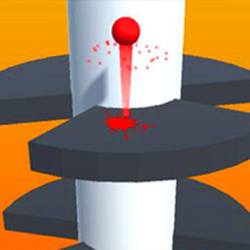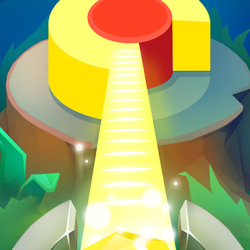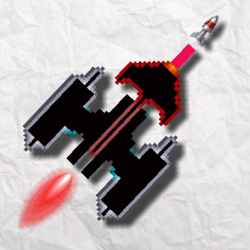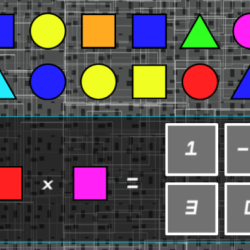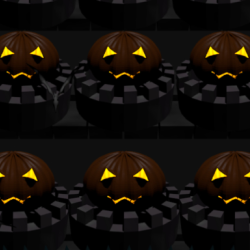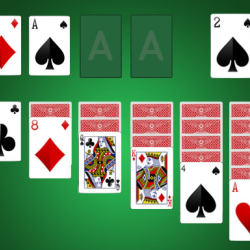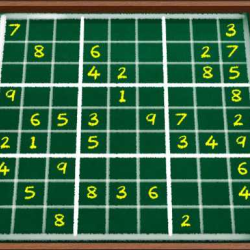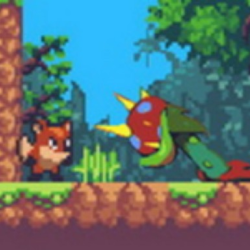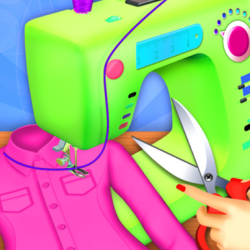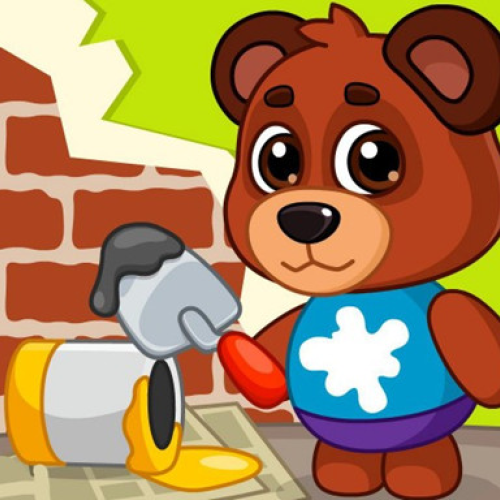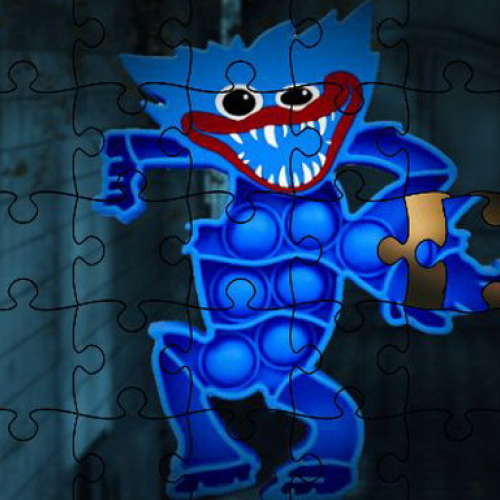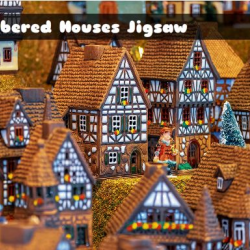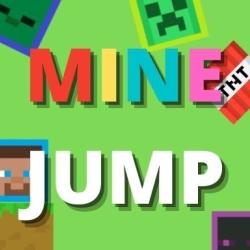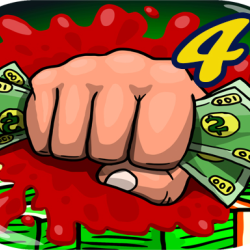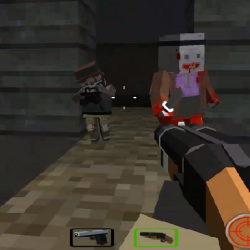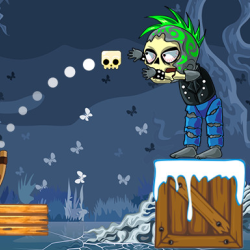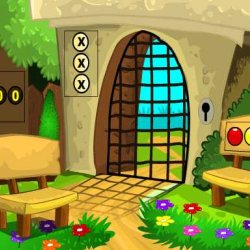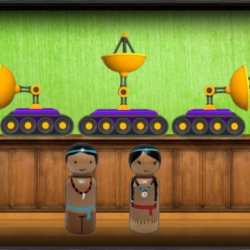Control
The mouse skitters through shadowed corridors, claws clicking against ancient stone as it darts past forgotten relics and crumbling tapestries. Its fur bristles with static energy, a faint glow rippling across its spine—an unintended side effect of the arcane experiments conducted deep below the fortress. Whispers trail it, fragments of spells clinging to its whiskers. It knows every crack in the walls, every hidden passage, its tiny heart beating in sync with the dungeon’s dormant pulse. Guards dismiss it as vermin, unaware it steals more than crumbs: secrets, keys, sigils etched into cheese rinds. Tonight, it slips into the alchemist’s chamber, eyes gleaming like twin lanterns, destiny nibbling at the edges of a prophecy too vast for mortal minds to hold.
Description
The thrill of cracking a tough equation? Pure magic. Numbers aren’t just symbols—they’re tools to unlock worlds. Imagine a dungeon crawl where every trapdoor hinges on solving for *x*, or a boss battle where landing the final blow demands calculating attack angles in real time. That’s the beauty of blending math and games: it turns abstract concepts into visceral challenges. Players don’t want lectures—they crave stakes. Embed arithmetic into resource management: rationing potions becomes a lesson in ratios. Building a fortress? Geometry determines structural integrity. Even probability sneaks into loot drops, pushing gamers to strategize. The key is seamless integration—no formulas on-screen, just consequences for ignoring them. Love for math grows when it feels like a superpower, not homework. Design puzzles that reward pattern recognition, where Fibonacci sequences open secret paths. Let players *feel* the elegance of a perfect proof through gameplay—a shifting maze that aligns only when they apply trigonometric principles. The numbers whisper secrets; the player becomes the hero who listens.
